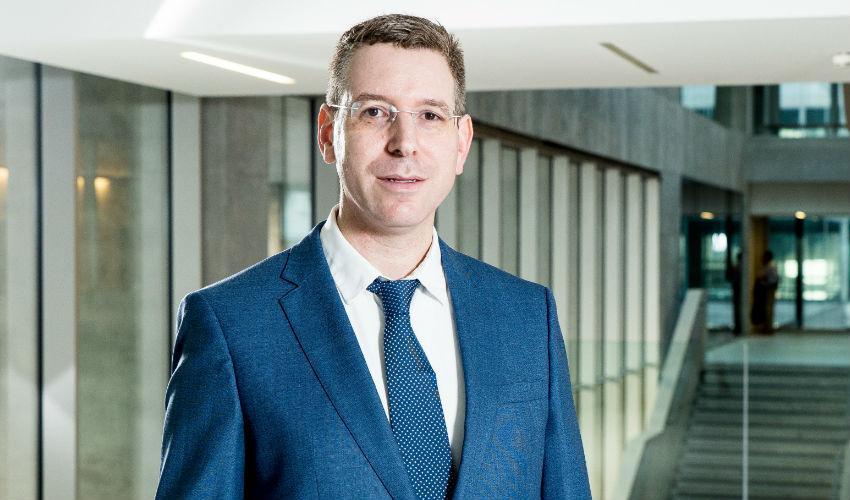
Dovev Lavie Wins Grant for Research on the Loss of Competitive Advantage
STRATEGIES THAT COMPANIES EMPLOY TO COPE WITH THE EXPIRY OF LEGAL PROTECTION AND OTHER ADVERSE EVENTS ARE LITTLE UNDERSTOODThe Strategic Research Foundation of the Strategic Management Society has awarded a grant to Dovev Lavie of Bocconi University’s Department of Management and Technology and Victor Cui of the University of Waterloo, Canada, as part of its Research in Strategic Management Program on “Competitive Advantage in the 21st Century”. Dovev Lavie’s winning proposal stems from the fact that there is virtually no research on how firms cope with the expiration of their competitive advantage.
The foreseeable loss of competitive advantage is common in the pharmaceutical industry as well as in other technology-intensive industries, typically when patents expire but also as the result of activities by competitors. Since such events are often predictable, Lavie and Cui seek to investigate the strategies that firms adopt in order to cope with them.
The research proposal by Lavie and Cui outlines two aspects that help classify what they call remedial strategies, i.e., the actions intended to counter the effects of the loss of competitive advantage. The first dimension looks at whether the remedial strategies are reactive (i.e., deployed after losing the competitive advantage) or proactive (deployed before losing the advantage), whereas the second aspect is about whether the remedial strategies are exploitative (introducing incremental improvements) or exploratory (introducing radical improvements). The resulting 2x2 matrix defines 4 main strategies whose effectiveness needs to be examined.
The research project will focus on the US pharmaceutical sector, both at the drug and company levels, and will include in-depth interviews with industry executives and quantitative analysis of archival data. “Our study will suggest that some competitive advantages have a predefined expiration time, which requires firms to cope with competence expiry as part of the capability lifecycle.” Dovev Lavie explains. “Hence, our study introduces a new perspective on competitive advantage which can extend research on the sustainability of competitive advantage and capability lifecycles. By considering the full range of remedies, the proposed project can offer new insights into the antecedents, management, and consequences of firms’ strategies for extending their competitive advantages.”
by Andrea Costa
